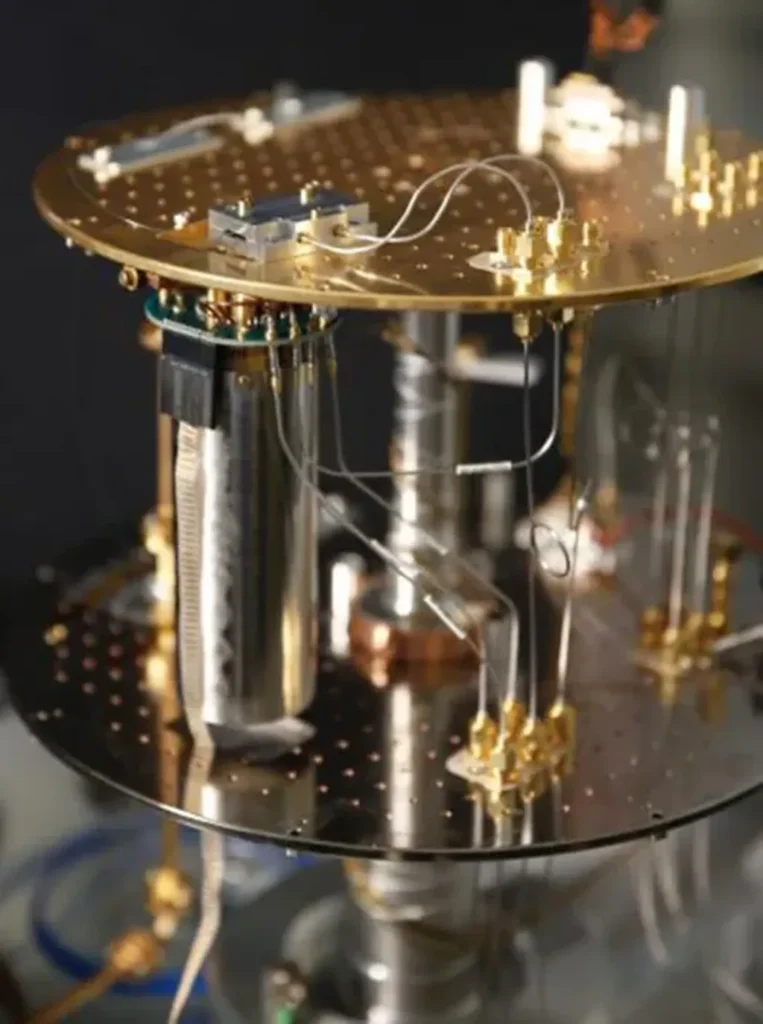In the realm of quantum computing, one of the critical challenges is amplifying weak quantum signals without introducing noise that could degrade the system’s coherence and computational fidelity. This is where superconducting parametric amplifiers (SPAs) come into play, and researchers like Babak Mohammadian from [insert affiliation if known] are at the forefront of this technology.
Superconducting parametric amplifiers are specialized devices designed to amplify signals with minimal noise, a crucial requirement for reading out qubit states in quantum computers. Unlike classical amplifiers, SPAs can achieve or approach the Standard Quantum Limit (SQL), which is the theoretical minimum noise level for phase-preserving amplification. The core principle behind SPAs is parametric amplification, where energy is transferred from a strong pump tone to a weak input signal through non-dissipative nonlinear mixing processes. This is made possible by the intrinsic nonlinearities in superconducting materials, such as kinetic inductance in thin films and the Josephson effect in Josephson junctions.
The design of the resonator is a critical aspect of SPA performance. Researchers have explored both lumped-element (LC) and distributed-element (coplanar waveguide, CPW) resonators, each with unique properties suitable for different frequency ranges. High-quality factors (Q) are essential for efficient energy storage and minimal loss, which in turn optimizes the resonator’s performance. In his research, Mohammadian presents a practical design and simulation of a meandered quarter-wavelength CPW resonator coupled to a feed line. By precisely controlling geometric parameters, the resonator’s resonant frequency, coupling strength, and quality factor can be optimized for high-fidelity qubit state discrimination.
The practical applications of this research are significant for the energy sector, particularly in the development of quantum computing technologies. Quantum computers have the potential to revolutionize energy systems by optimizing complex processes, such as grid management and renewable energy integration. Efficient qubit readout, enabled by advanced SPAs, is a crucial step towards making quantum computing a reality. The research was published in [insert source if known], highlighting the ongoing efforts to push the boundaries of quantum technologies and their potential impact on the energy industry.
This article is based on research available at arXiv.

